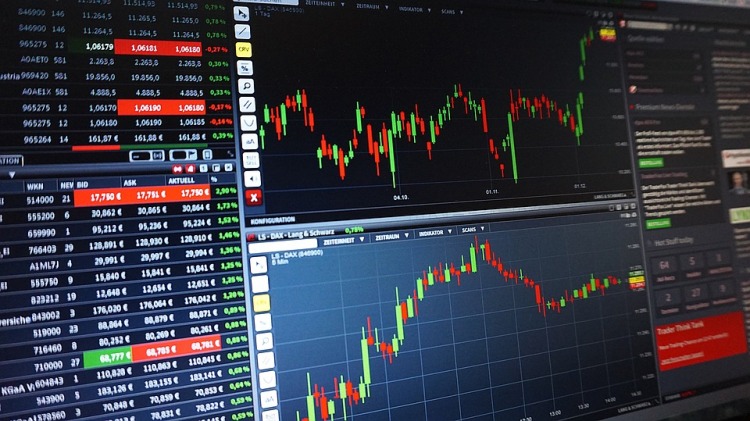Emerging economies currency rose against USD as dollar inches close to 3 month low

Emerging market currencies firmed against the dollar on Thursday, with investors favouring riskier assets in expectation of a slower journey to higher U.S. interest rates while developing world stocks edged up on trade optimism. The dollar was not far from a three-month low after cautious speeches by some Fed officials and minutes from the central bank's December meeting revealed several policymakers want to keep rates steady this year. "It does point to a softer stance and a wait-and-see approach, there's no doubt the Fed will stay on hold this quarter," said Jakob Christensen, chief analyst and head of EM research at Danske Bank.
Rising U.S. interest rates had crimped the attractiveness of emerging market assets during 2018, with higher returns on dollar assets luring capital to the developed world. MSCI's index of emerging market stocks rose 0.2 per cent, building on gains clocked earlier in the week on hopes of an easing in the U.S.-China trade war. China's commerce ministry said progress was made over structural issues such as forced technology transfers and intellectual property rights. It added the talks went on longer than expected because both sides were "serious and honest".
The onshore spot yuan recorded a five and a half month closing peak on Thursday's domestic session, helped by the soft dollar. The Russian rouble weakened 0.4 per cent under pressure from concerns about the resumption of state foreign currency purchases from next week. Turkey's lira weakened 0.3 per cent, matching the dip in the main BIST 100 share index. Multiple Lebanese dollar-denominated sovereign bonds fell to their lowest in several weeks after a report that the country's finance ministry was preparing a "financial correction" plan including debt restructuring.
"The exposure of Lebanese banks to the sovereign (local debt and Eurobonds), amounts to some 55 trillion Lebanese pounds, almost double the 30 trillion Lebanese pound capital base of the banking system," wrote analysts at Goldman Sachs in a recent note. The country's finance minister told Reuter's ideas for public debt management were "still being studied". Poland's zloty softened 0.1 per cent against the euro.
The governor of the country's central bank said it could keep borrowing costs unchanged - as it did on Wednesday - until the end of the current rate-setting council's term in early 2022 as inflation remains tame. Standing pat on rates could make Poland an outlier in emerging markets, with JP Morgan analysts predicting 2019 will see more developing world countries raise interest rates than at any point since the pre-financial crisis uplands of 2006.
(With inputs from agencies.)
ALSO READ
GLOBAL MARKETS-Asia stocks rise; metals fly on manufacturing bets
Innovative Consumer Technology Pushing Boundaries in the Market
Devotees throng temples across country to seek blessings on first day of Chaitra Navaratri
PM Modi extends festive greetings for Navratri and other festivals across the country
EMERGING MARKETS-Taiwan stocks lift emerging markets to 14-month high










